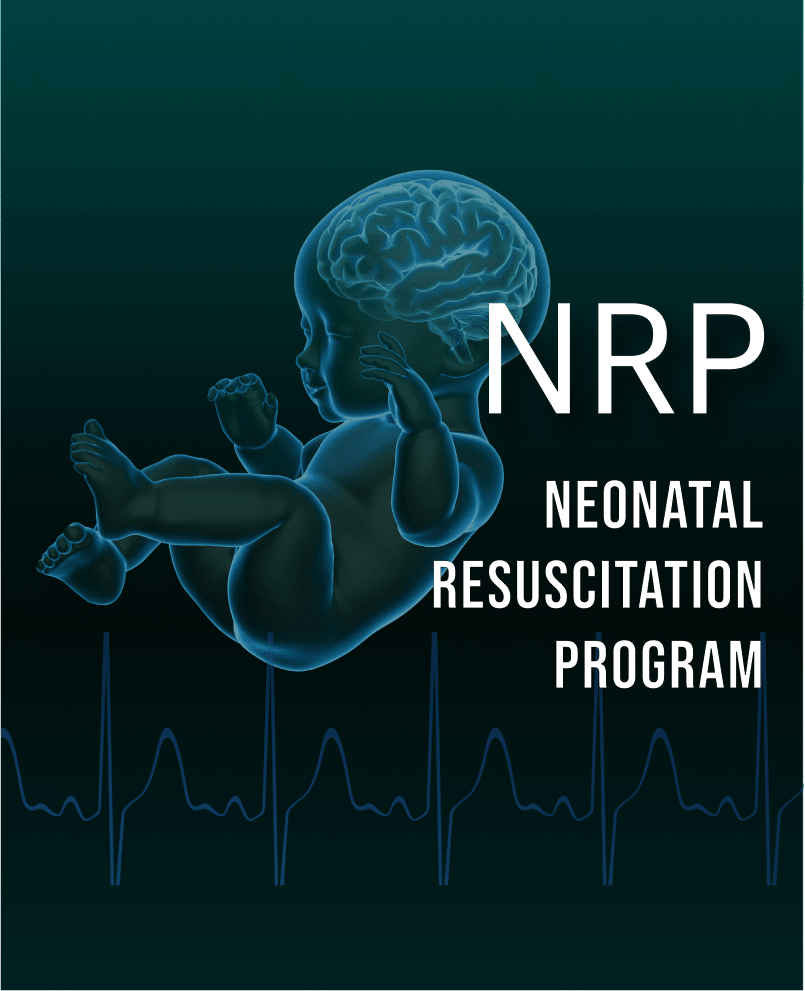During pregnancy and childbirth, a woman’s body undergoes many changes. Those women who delivered babies find it difficult to know what kind of exercise they should do. They don’t even get enough time to exercise as some factors like lack of sleep and breastfeeding affect them badly. The lack of exercise can affect their mental and physical health and can increase the risk of other health complications. According to a study conducted by researchers from Aarhus University mothers in Denmark are not getting enough exercise as compared to women who have not delivered babies.
In a recent study published in the journal Public Health, researchers revealed that 24% of mothers do not meet the exercise recommendations set by the World Health Organization (WHO). In this study, they involved 20,022 women and divided them into two groups as 9338 women were mothers and the remaining 10,684 women had not delivered babies. These participated women were aged 16 to 40.
Researchers collected data and observed it. They found that most mothers prefer light exercises like walking or cycling. On the other hand, only a few of them participated in intense physical activities. This can affect mothers’ mental and physical health. So, these women should increase their physical activity levels.
WHO suggests that adults should do 150 minutes of moderate or 75 minutes of intense exercise every week. These women were unable to meet these guidelines. Researchers also revealed that this could be due to a lack of guidance on physical activity. Even though Denmark has the best maternity care system, many mothers don’t receive advice on staying active after they deliver babies.
As almost 60,000 women deliver babies every year in Denmark, there is a need to address this issue to keep them healthy. This will also help them to maintain their babies’ physical activity levels. Healthcare professionals should make some strategies and promote them to increase physical activity levels in mothers. So, the risk of other complications will be reduced.
Reference Link:
information: S.V. Bueno et al, Parous women perform less moderate to vigorous physical activity than their nulliparous peers: a population-based study in Denmark, Public Health (2024).











